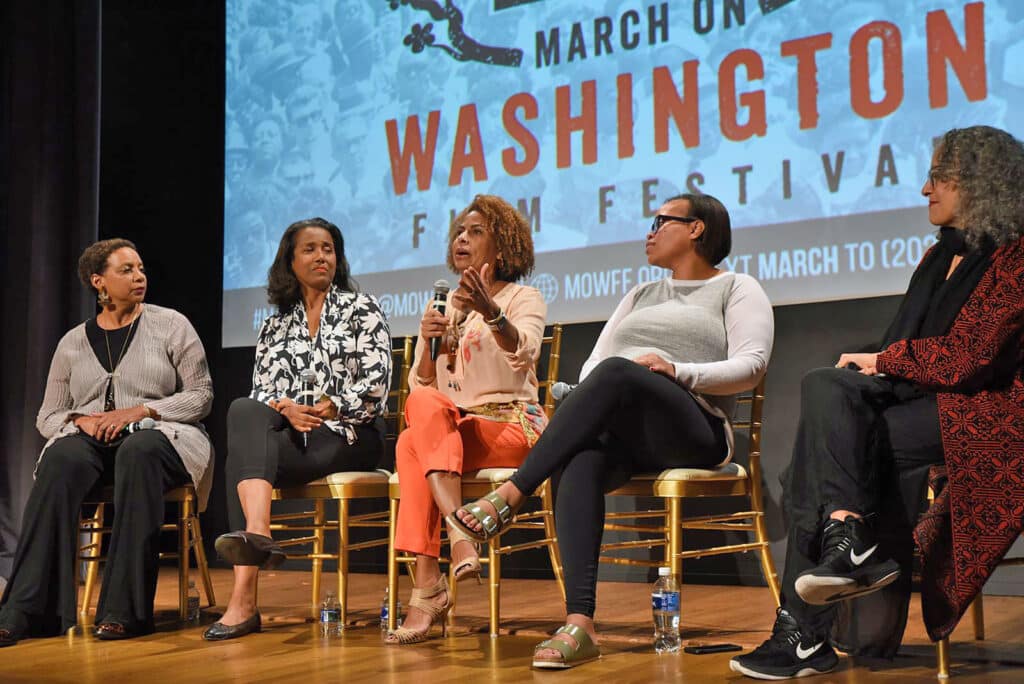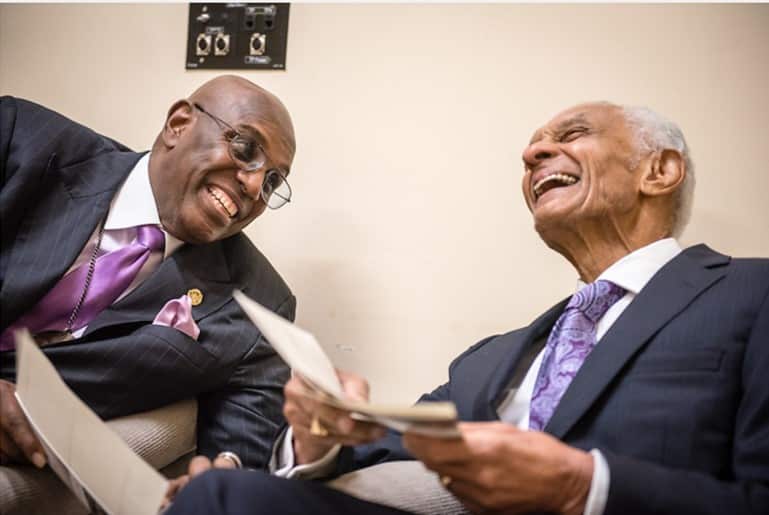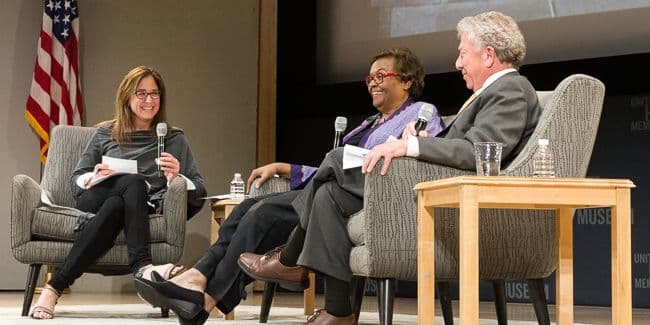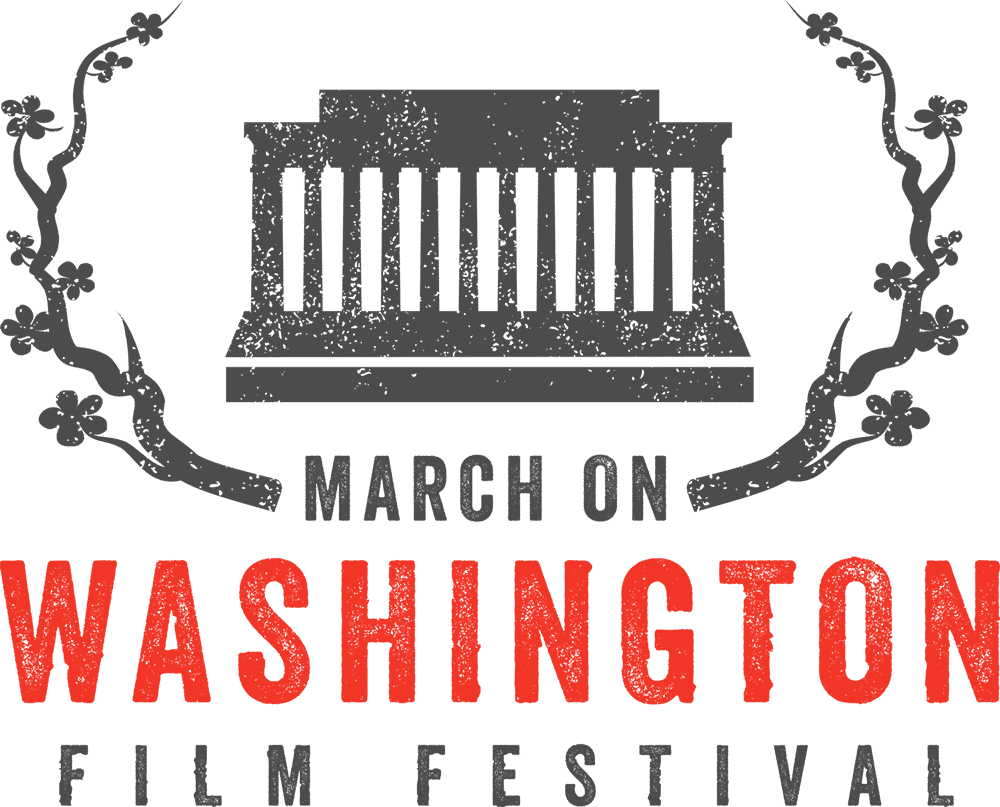BLOG / BLOG POST

Environmental Justice and Civil Rights: This Year’s Focus for the March on Washington Film Festival
By Grace Edelen
In this Q+A, David Andrusia, Executive Director of the March on Washington Film Festival (MOWFF), discusses the origins of the festival in the civil rights movement, how to watch the festival, and this year’s festival theme. The MOWFF was founded by Robert Raben in 2013 to commemorate the 50th anniversary of the March on Washington.
Q: The festival was founded in remembrance of the March on Washington for Jobs and Freedom, now becoming a civil rights legacy project. How does this history affect which films are chosen for screening as well as the layout of the festival as a whole?
The March on Washington Film Festival (MOWFF) is a one-of-a-kind event that combines documentary, narrative, and feature films, with scholarship, firsthand accounts, and the performing arts. The civil rights movement had a huge impact on American culture, including the establishment of the African American film industry, and it ushered in a new era of African American film representation.
Each year films are chosen based on our annual theme. In 2019, we provided our audience a platform to amplify, honor, and highlight the achievements of women in our nation’s civil rights movement. One film highlighted Althea Gibson’s life and achievements; another focused on Dolores Huerta, who tirelessly led the fight for racial and labor justice. This year our theme is “A Single Garment of Destiny: Environmental Justice and Civil Rights,” and our films will all focus on these two interrelated and vital themes.
Q: Can you speak about the Emerging and Student Filmmaker Competition? What does this mean for the festival but also film in general?
Debuting in 2016, the Emerging and Student Filmmaker Competition gives filmmakers the opportunity to use cinematic storytelling to answer important themes from the past, such as “what’s your civil right?” and “speaking truth to power.” The annual short film competition is managed by Opal H. Bennett and receives over 150 submissions from across the world. An esteemed jury of civil rights, industry leaders, and established filmmakers select the winners, and the shortlisted films are screened during the festival. Now in its seventh year, the competition has continued to attract industry supporters, including a diverse portfolio of funders.

Q: What is the one thing you love the most about this festival? What is an emotion that lingers after the event?
MOWFF leverages the powerful expression of documentary and narrative film as a tool to educate the public about the civil rights movement and beyond, its historic figures and moments, and to reflect upon the transformation it spurred through American society. In 2017, we honored Judge Damon Keith by curating an event at the United States Supreme Court and touched on his 50 years of service on the federal bench and on how mentoring clerks on power building was critical to long-term success. The discussion was moderated by former Attorney General Eric Holder and featured several of Judge Damon Keith’s former clerks.
Q: There is a Civics & History Quiz on the website: can you explain what the MOWFF team wants to accomplish with those questions?
The Civics & History quiz tests our viewers’ knowledge of American civics, government, history, arts, and culture. We want younger generations to gain meaningful exposure to our shared history, especially to the civil rights movement, and to learn about America’s deep-rooted history of racism and exclusionism as a necessary condition of righting wrongs and advancing positive activism. The latter is especially important among young audience members and participants and is why we are proud to have introduced an educational outreach program this year. We are also excited about our “How to be a Citizen Journalist,” virtual workshop, which will be led by Jerome Foster II, a Pace University student, during the MOWFF this fall.

Q: What does the context of civil rights in film mean to you?
When documentaries and narrative films are juxtaposed, the instructional impact of cinema is enhanced and the audience is engaged in compelling new ways. Pairing films allows for a more crucial and critical examination of popular narratives in the movement. Viewers have been programmed to trust what they see on screen. When it comes to what appears in a documentary, pairing films challenges perceived notions of fact and fiction. Over the last two decades, there has been an explosion of films on civil rights history, creating a plethora of alternatives for employing film in the classroom. Countless documentaries have been produced, covering topics ranging from the movement’s beginnings through its aftermath. As a result, films about the movement, both good and bad, that cover a wide range of topics, from the origins of racism to modern civil rights conflicts, can greatly contribute to a better understanding of civil rights history.

The March on Washington Film Festival runs from September 30 through October 4. Tickets go on sale August 18.
To learn more about the film festival visit marchonwashingtonfilmfestival.org, follow on Twitter @MoWFilmFest, and on Facebook at @MarchonWashingtonFilmFestival.
